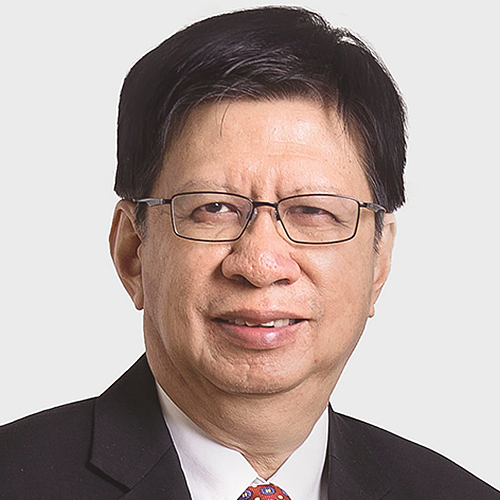THE arrival of Chinese Premier Li Keqiang in Budapest on November 26 for an official visit and to attend the sixth meeting of the heads of government of China and the Central and Eastern European countries (the so-called 16+1) has put the spotlight back on China’s ambitions in Europe after a period of relative calm between China and the EU.
China is involved in a number of large road and rail infrastructure projects in Central and Eastern Europe. The planned Belgrade to Budapest railway has, in particular, caused concern in the EU. But the host for this week’s meeting was Hungarian Prime Minister Viktor Orban, who has a strained relationship with Brussels and is keen to promote ties with China.
In addition to tension between the EU and China over major infrastructure projects led by state-owned companies, China appears to be signalling that private companies in sectors such as manufacturing can return to the M&A trail, following the clampdown on overseas investments earlier this year in order to stem outward capital flows.
During 2016 there was growing pushback from EU countries against a wave of M&A deals, especially in sensitive areas such as high-tech manufacturing. This culminated in Germany blocking the takeover of chip manufacturer Aixtron by Fujian Grand Chip, and a visit to Beijing by German economy minister Sigmar Gabriel (currently serving as foreign minister) where he caused irritation with his public criticism of China’s trade and investment policies.
Germany and France subsequently put in place tougher rules for reviewing foreign takeovers where the national interest is at stake. The wording said that the measures were aimed at all non-EU countries regardless of origin, but were widely viewed as specifically aimed at China.
However, all this coincided with the Chinese government’s clampdown on overseas acquisitions by private companies. Given the slow pace of M&A deals, the relationship between the EU and China has been calmer this year. But if the private sector M&A wave gathers speed once again, tensions could quickly ratchet up, particularly if a Chinese firm makes a bid for a high-tech German or French company, and either government responds with a decision to block the deal.
Meanwhile, analysts are looking for clues as to the direction China is taking with economic reform. In a recent report, Moody's Investors Service says that the further consolidation of power under President Xi Jinping at the 19th National Congress of the CCP has still left it unclear whether the increased centralization of authority will result in an acceleration of the pace of reform, or a continuation of the careful balancing of policy objectives in recent years, such as maintaining relatively strong growth and the strong role of state-owned enterprises.
Various policy announcements suggest that reforms will continue to proceed cautiously and without challenging the dominant role of state-owned enterprises (SOEs) in strategic industrial sectors, Moody’s says. Despite the government's earlier commitment to allow the market to play a “decisive role” in resource allocation when the reform programme was announced at the third plenum of the 18th Central Committee in November 2013, Moody’s says that the latest policy announcements support its expectation that SOEs will retain a significant role in the economy.
Regardless, as a recent article by German academic Sebastian Heilmann points out, the relationship between the Chinese government and the private sector is not always fully understood in Europe. Heilmann is founding president of the Berlin-based Mercator Institute for China Studies (MERICS) and professor for the political economy of China at the University of Trier.
He notes that China’s future-oriented technology industries, from biotechnology to e-mobility and Artificial Intelligence, are all dominated by private companies. However, that does not mean that a competition-driven market economy has emerged. Instead, the Communist Party of China (CCP) has set up party structures in private companies, in order to co-opt the private economy into the political system.
“In the past, party cells and committees were predominantly found in state-owned companies,” Heilmann writes. “Today, more than two-thirds of private companies, Chinese and foreign, host such organizations. CCP cadres not only sit on work councils, but they increasingly fill leading positions in personnel and government relations departments, all the way to executive and supervisory boards.”
The Party has tightened its grip on strategically important sectors, but its influence is also growing within Chinese subsidiaries of global corporations. The aim is to align political with commercial goals.
Heilmann suggests that the CCP’s course is based on the pragmatic calculation that most foreign investors will co-operate because the Chinese market is irresistible and irreplaceable for global companies. Once all companies are under effective internal supervision – through implanted party cells – the Chinese government is less at risk of losing political control over businesses and can even afford to selectively open its economy further to foreign investors.
“However, due to the omnipresence of party oversight in business organizations, the Socialism with Chinese Characteristics for a New Age that President Xi Jinping declared at the recent 19th Party Congress, represents a further shift away from free-market principles,” he argues.









